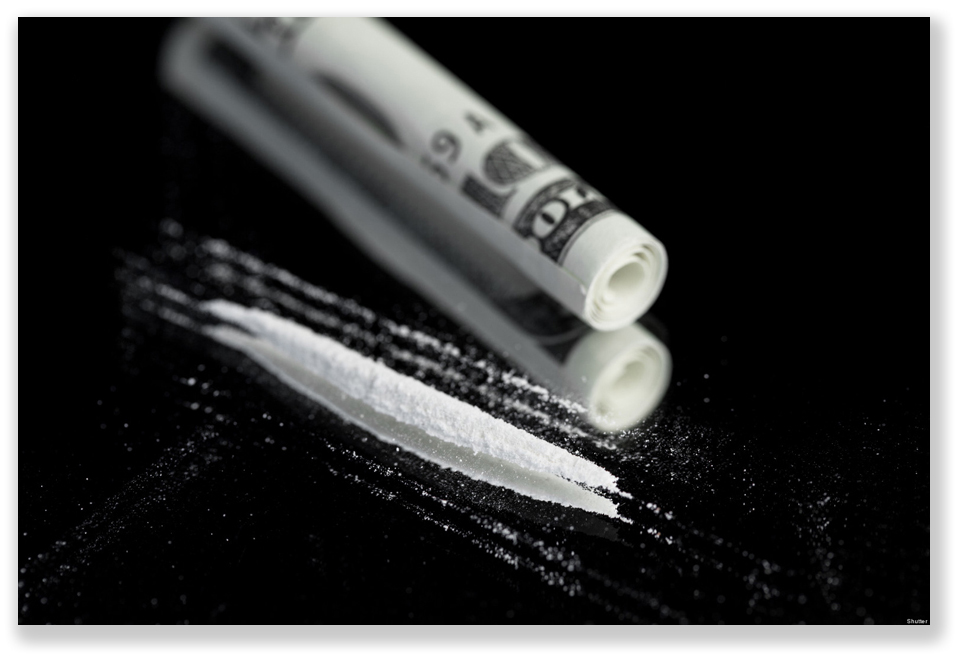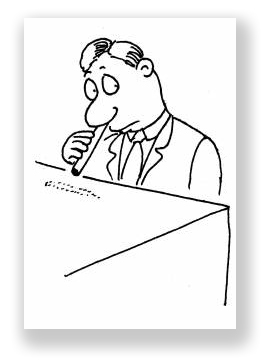We’re still doing a weekly newsletter … we’re just starting to post pieces of it every day. The news is fresher this way …
WHO’S THE DOPE?
 It should have been a drug user’s legal “dream team.” Frank Christopher, charged with cocaine distribution, was assigned an attorney who – according to Frank – snorted coke with him something like over 20 times before and during trial. That was the good part. The bad part, Frank said, was that while the lawyer was high, he convinced Frank to reject a 30-month plea deal in favor of trial, which Frank lost. He got 120 months.
It should have been a drug user’s legal “dream team.” Frank Christopher, charged with cocaine distribution, was assigned an attorney who – according to Frank – snorted coke with him something like over 20 times before and during trial. That was the good part. The bad part, Frank said, was that while the lawyer was high, he convinced Frank to reject a 30-month plea deal in favor of trial, which Frank lost. He got 120 months.
From prison, Frank wrote to his judge complaining that counsel was a cokehead, and had given him bad advice. The district court took the letter to a § 2255, but rejected it without a hearing, finding no prejudice. The Court of Appeals reversed, and sent it back for a hearing. After a 90-minute evidentiary hearing, the district court found that the lawyer had not used cocaine with his client, and threw out the 2255 motion again.
Last Monday, the 6th Circuit Court of Appeals upheld the dismissal. The governing rules are pretty clear: when a trial judge hears live testimony, and selects which witness’s story to believe and which to discount, the decision is pretty much bulletproof. And that’s what happened here.
“Faced with starkly different views of the facts,” the 6th Circuit said, “either one of which has ample evidence to support it, the factfinder’s choice between them cannot be clearly erroneous. In he-said, he-said cases like this one, that means the factfinder does not clearly err in picking one “he” over the other so long as there is support for each account. That is this case… Judge Edmunds stood on firm ground in making this choice. As we recognized in ordering the evidentiary hearing, Judge Edmunds was “in the best position to gauge Christopher’s credibility. And she, not we, had the opportunity… to observe [the attorney] through the pretrial proceedings and the trial. While we review transcripts for a living, she assesses live witnesses for a living, and we must account for this ring-side perspective when reviewing a trial judge’s findings of fact.”
 The outcome of this case is a little troubling. Certainly, the evidence suggested that Frank was right. One witness said previously, he had paid the lawyer’s fee in cocaine. Another witness thought he had seen the lawyer using cocaine while representing Christopher, but he admitted his mind was a little fuzzy after a car accident. Frank’s testimony was detailed, and starkly different from the lawyer’s. But the appellate court gave the district judge the deference normally accorded in credibility cases.
The outcome of this case is a little troubling. Certainly, the evidence suggested that Frank was right. One witness said previously, he had paid the lawyer’s fee in cocaine. Another witness thought he had seen the lawyer using cocaine while representing Christopher, but he admitted his mind was a little fuzzy after a car accident. Frank’s testimony was detailed, and starkly different from the lawyer’s. But the appellate court gave the district judge the deference normally accorded in credibility cases.
The Court of Appeals said, “Once we accept the lawyer’s version of events, that dooms Christopher’s § 2255 motion. It means [the lawyer] never did cocaine with Christopher. It means he reviewed the discovery materials with Christopher and explained that the government would be able to sustain their burden in the case. It means he discussed the plea deal with Christopher “at great length” and “attempted to induce him to plead.” It means he rendered effective assistance of counsel. And it means Christopher’s knowing and voluntary decision to go to trial should be respected, painful though the effects of that decision now may be.”
Christopher v. United States, Case No. 15-2027 (6th Cir. August 1, 2016)

